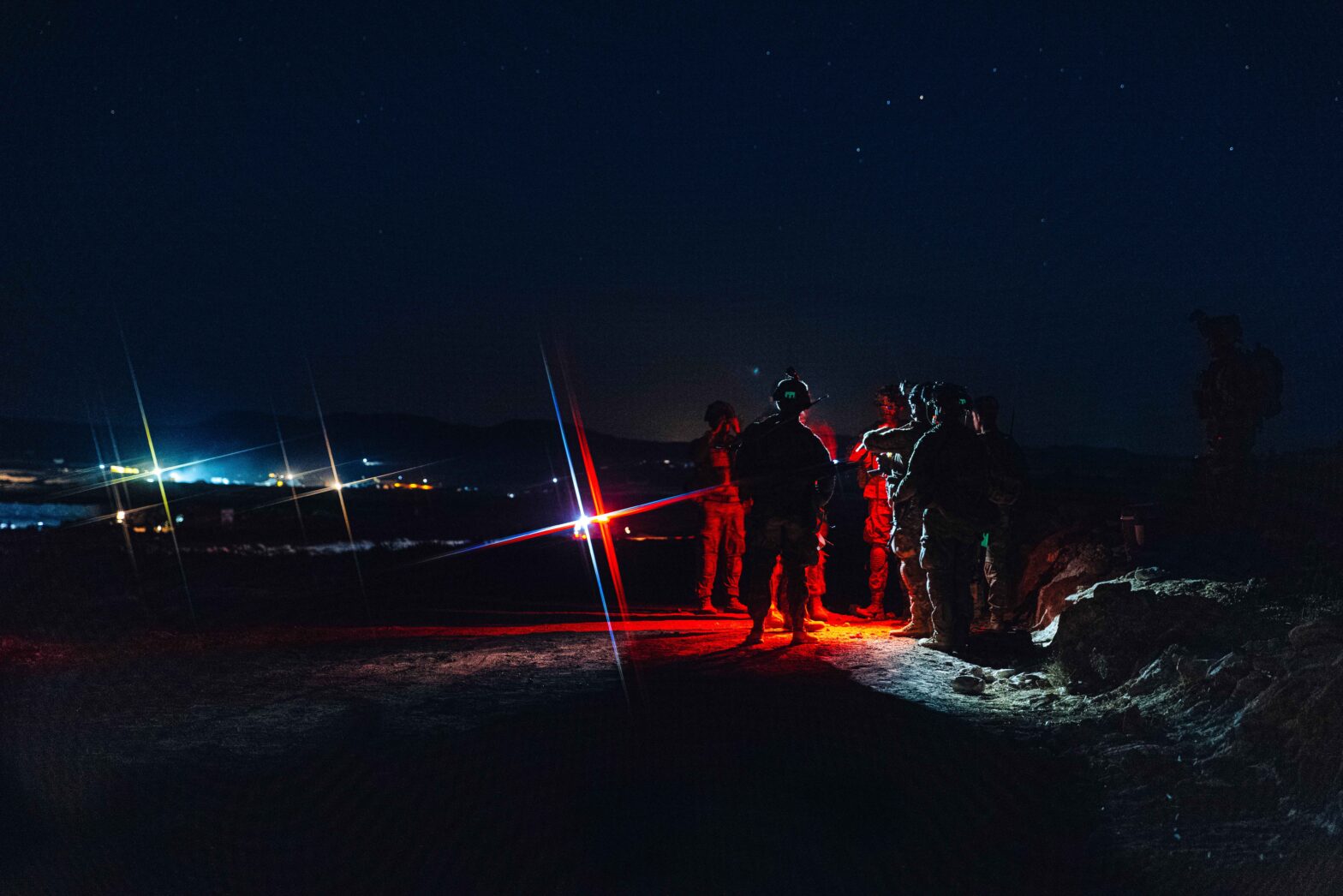Breacher’s brain describes sub-clinical effects of exposure to blast overpressure that frequently impacts sleep, reaction time, headache, nausea, and balance.
Current research emphasizes overpressure as the culprit for these symptoms, but research lead by Venkata Siva Sai Sujith Sajja investigated the potential of acoustic pressure contributing to these symptoms. [1]
The research team out of Walter Reed Medical Center measured both overpressure and acoustic pressure exposures in grenade range instructors at two training sites at Ft. Benning, GA and included data of 130 grenade detonations at multiple pits.
They fitted the instructors with blast overpressure sensors and placed acoustic and overpressure probes in strategic locations in the pits.
The overpressure exposures were not high enough to trigger the sensors on the instructors, but the probes in the pit measured overpressures between 0.14 psi – 0.42 psi, which is considered a very low level.
In contrast, peak acoustic dB exposures varied from a low of 153.72 dBP to 163.22 dBP.
While most instructors reported symptoms at baseline, headache, long think, lightheadedness, ringing of the ears, restlessness, frustration and irritability were reported as increased post acoustic pressure exposures.
Interestingly, these symptoms occurred despite instructors wearing double ear protection (in and over ear) during the study.
The authors noted that their results indicate acoustic pressure, even when combined with limited overpressure exposure, contributes to symptoms like those in breachers’ brain.
References:
- Sajja, V. S. S. S., LaValle, C., Salib, J. E., Misistia, A. C., Ghebremedhin, M. Y., Ramos, A. N., … & Kamimori, G. H. (2019). The role of very low level blast overpressure in symptomatology. Frontiers in neurology, 10, 891.
